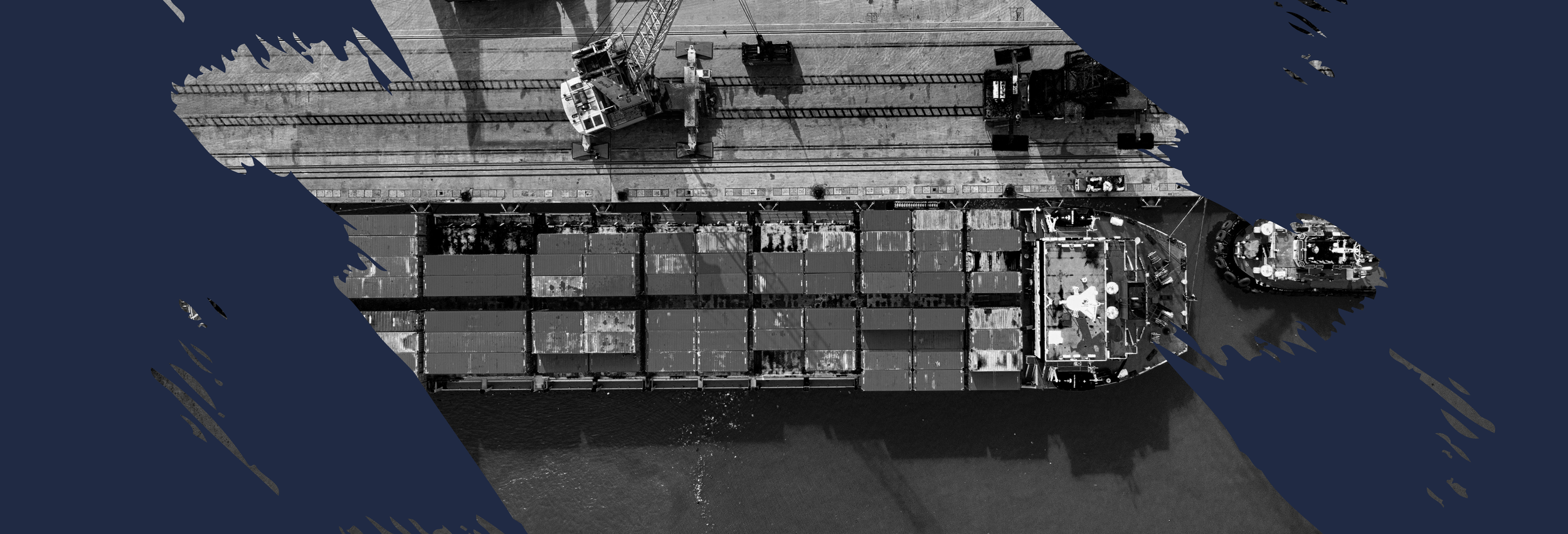
Blog
Analysis Paralysis
To state the obvious, we live in an uncertain world
Everything is in a state of perpetual change. The key to success in this dynamic environment is the ability to adapt quickly to new situations as they emerge, to build resilient systems.
To try to understand and plan ahead we seek comfort from information, from experts and, in this digital age, vast amounts of data are available. For every argument ‘for’, there’s an equally compelling one ‘against’. To try and understand risk we allow ourselves to stray in to territory infested with a subjective, anecdotal information. (‘Brexit’!) To counter this hear-say and opinion academics secure funding to undertake in-depth studies in one subject or another and produce even more data to consider. Our virtually unlimited access to information often leads to greater fear of making the wrong decision.
There’s unprecedented turbulence across the shipping industry – in charter rates, in cargo flows, in shipbuilding, in legislation - but we aren’t seeing much evidence of a shift towards creating a more resilient system. We are so busy focussing on managing the day-to-day and the analysis of all the data that we risk being blindsided when change happens. No one saw Lehman Brothers’ collapse and few anticipated $30 barrels of oil.
One of the best antidotes to analysis paralysis is to get other perspectives. Learning from what the automotive industry has done, what worked and what didn’t was a great opportunity. Hearing how they successfully design more efficient vehicles both through the manufacturing process and in reducing ‘tailpipe emissions’ is information that is worth taking on board. At the recent sustainable design conference hosted by the Institute of Materials several key lessons emerged that could benefit shipping: progress comes through an iterative process – we can’t expect one great leap and then to be able to relax back into a 'new normal'; set deadlines and targets – even if they are missed the direction of travel is accelerated; and start before you feel ready – progress begins today, decisions made on best available information may not be perfect, but doing nothing holds greater risks.
The most resilient systems are found in nature.
Resources such as energy, light and water are all utilised optimally – nothing is wasted. So, why do man-made processes not follow the same rules?
The accumulation of ever increasing amounts of data with the belief that they can underpin the next critical action is simply a delaying tactic.
